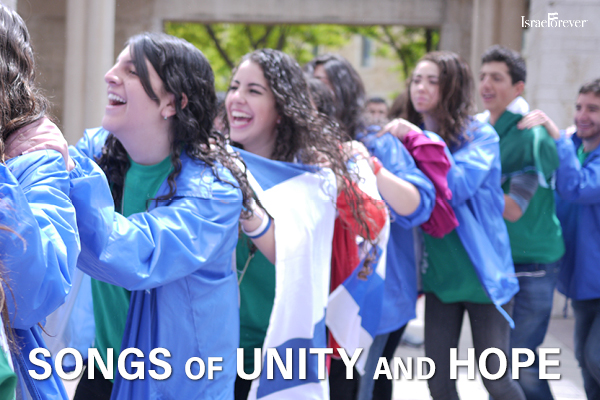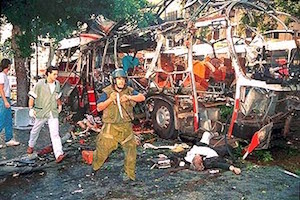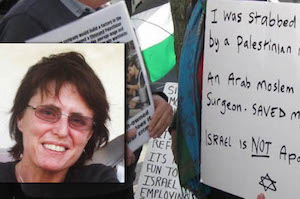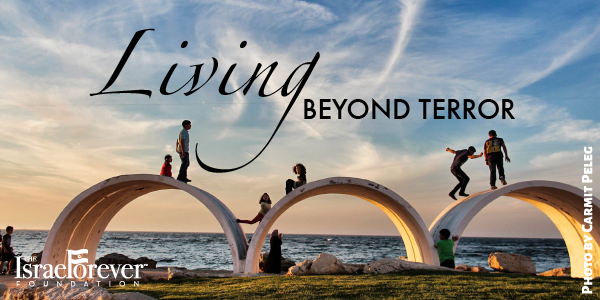Shabbat Talks - Living beyond Terror
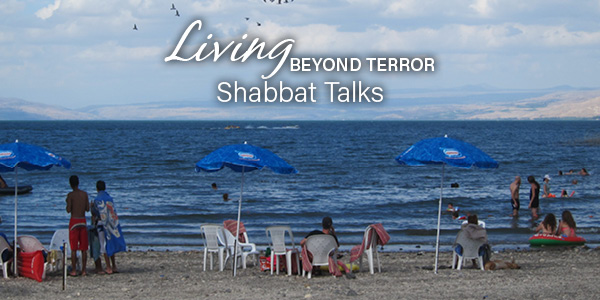
Terrorism, war and trauma are not an Israeli experience, they are a world experience. We have seen that terrorism can strike anywhere, even in the most pastoral of places (remember the Bali bombing?).
The challenges of living beyond terror are similar among all people who have to contend with traumatic experiences. For police, firefighters, paramedics and doctors it is a routine element of their work. Anyone who has been exposed to physical/sexual assault also has to learn to live beyond terror. Grief, especially that incurred by sudden bereavement (such as from a car accident, freak accident or suicide) is also a common type of trauma people around the world are forced to deal with.
Israel as a country and Israelis as individuals have been forced to deal with extreme, multiple traumas and constant tensions. Israelis count how many wars they lived through. Everyone knows someone who was killed, injured or bereaved by terrorism or war but life in Israel does not because of terrorism or even war. In fact, it is just the opposite! It is the awareness that nothing can be taken for granted that makes life more vibrant and more deeply appreciated.
Israelis have become renowned trauma experts, sending professionals to disaster zones and communities hit by terror attacks to train local mental health workers such as after the attack on the Beslan school attack (2004), Pulse Night Club (2016), Hurricane Harvey survivors in Texas (2017) and so many more.
LET'S TALK!
- Israelis live under constant existential threat and yet, at the same time, are ranked every year among the happiest nations on earth. How can that be?
- What do you think people around the world can learn from Israelis about coping with stress and trauma?
- What is the difference between the Israeli approach to stress or fear and that which is prevalent where you live?
- What is the difference between stress, trauma and Post Traumatic Stress Disorder?
- Why is it that, although terrorism and war are not infrequent in Israel, the number of IDF soldiers suffering from post-traumatic stress disorder (PTSD) is actually amongst the lowest in militaries around the world?
- What are the pros and cons of thinking like an Israeli when it comes to overcoming stress/fear? Does Israeli resiliency influence the amount of (or lack of) world sympathy towards Israel?
- Which form of coping do you think can be the most effective (problem-focused, emotion-focused, avoidance-focused, acceptance-focused or action-focused)? Is it situational or is there a universal method that is best?
- What understandings about the concept of Living Beyond Terror can you utilize in your own life?


